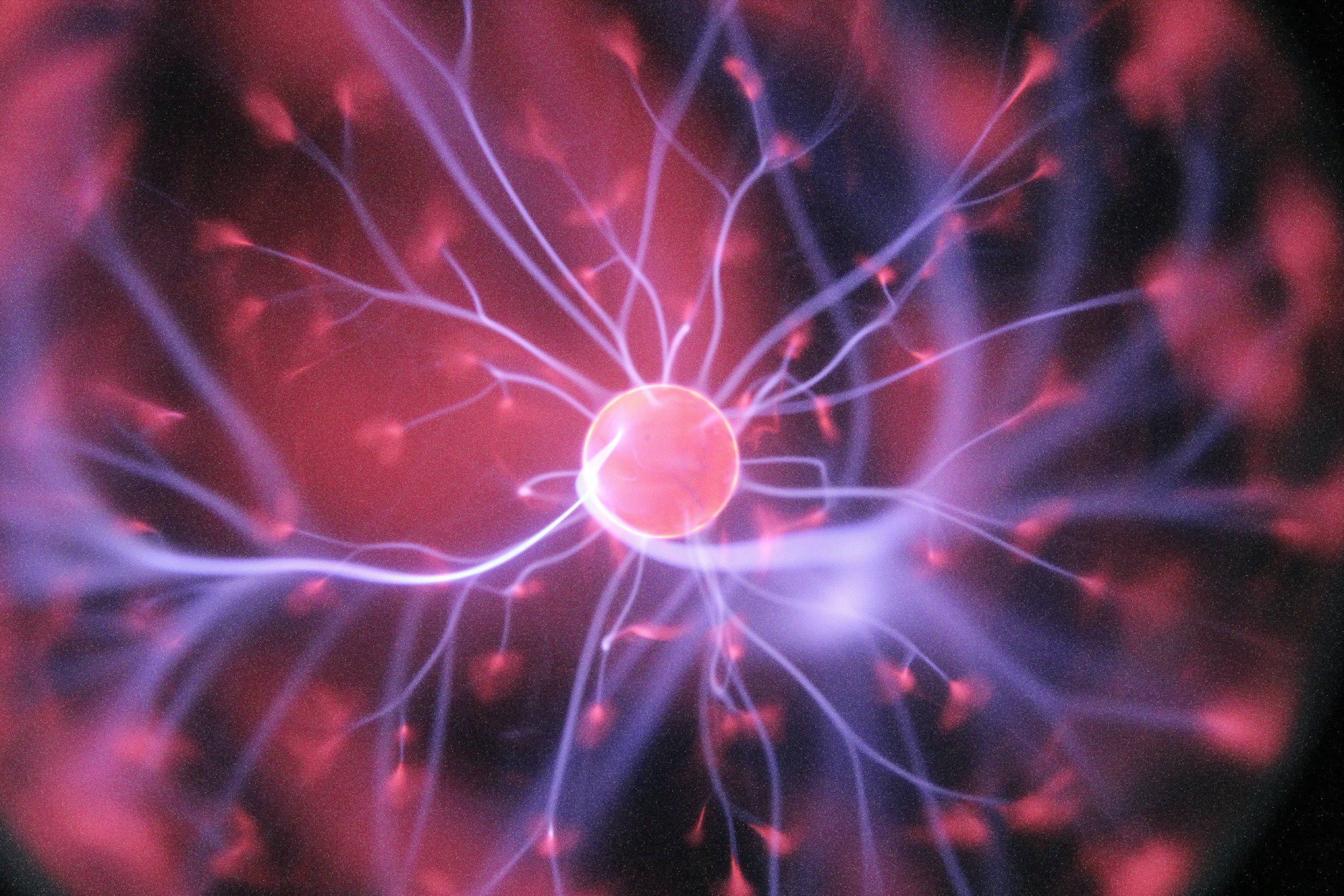
EATING DISORDER RECOVERY
BLOG
FIND WHAT YOU NEED

Understanding the Neuroscience of Anorexia and Anxiety
Anorexia is not just a choice—it’s influenced by biological factors. Discover how brain chemistry and serotonin levels impact eating behaviors and how understanding the neuroscience of anorexia can help improve treatment and recovery.

Here’s a tip: DBT Distress Tolerance Skill
In moments of emotional crisis, finding effective coping strategies is essential. Dialectical Behavior Therapy (DBT) offers valuable tools through its Distress Tolerance module, particularly the TIP skills: Temperature, Intense Exercise, Paced Breathing, and Progressive Relaxation. These techniques empower you to manage overwhelming emotions by shifting your physiological state, allowing you to regain control and avoid unhealthy coping mechanisms. By integrating these skills into your daily life, you can cultivate resilience and navigate challenges with greater confidence and clarity.
2017-2018 Outcomes in Review
Our data demonstrates continued improvement in our outcomes, solidifying our position among the best outpatient centers in the country.
The BED Brain: From Ingestion to Anxiety and Treatment
To understand why evidence-based interventions for BED are so effective, we must consider the BED brain pathways that are impacted by the ED.
Inside the Anorexic and Bulimic Brain
Let's take a look at the anorexic and bulimic brain as we consider eating disorders to be biologically-based illnesses.
